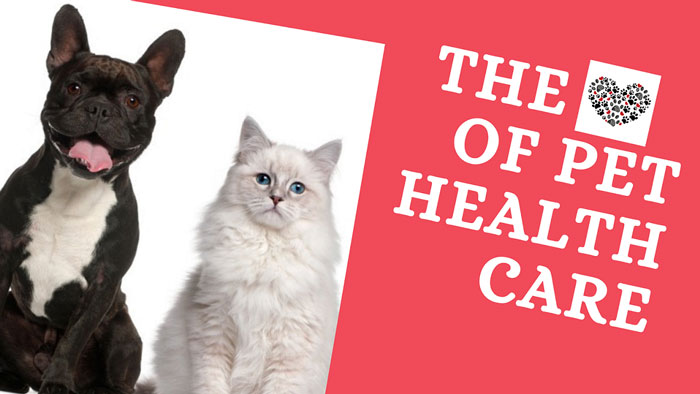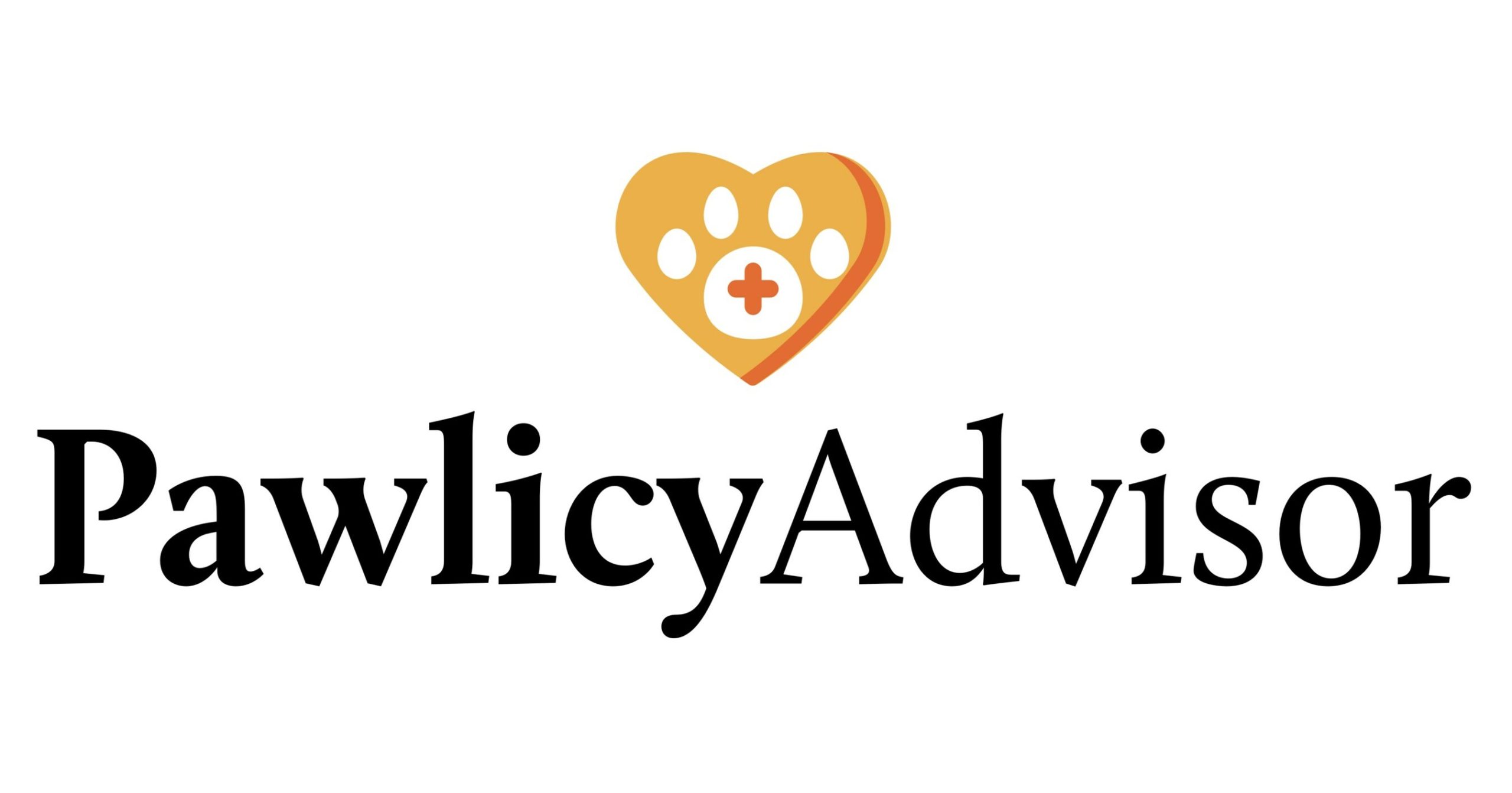
“No more broken hearts.”
Heart disease is a common condition among cats and dogs, especially when they reach their senior years. In fact, congestive heart failure may be the most incorrect or overdiagnosed condition in veterinary medicine. Our veterinarians make careful diagnostic considerations for your pet so that we are not recommending lifetime medications for an incorrect diagnosis. We provide the following services if needed to assure that we are accurate in our care for your pet’s heart.
Cardiac Consultations: All patients will receive a comprehensive cardiovascular physical examination that includes listening to the heart and lungs, feeling the pulses, and determining the heart rate and respiratory rate of your pet. We will review past history, including recorded heart and respiratory rates, to help us determine any changes that are occurring.
Radiographs (x-rays): X-rays are an essential part of a comprehensive cardiac evaluation. We use them to determine the size of the heart as well as lung changes, which can develop with heart failure (lung fluid), cancer, or chronic airway disease. Long-term (chronic) airway disease and coughing can cause heart disease and even heart failure.
Blood pressure: The ability to measure and monitor blood pressure trends provides important data about patient cardiovascular status and may help define an approach to treatment. Especially in cats with chronic kidney disease and hypertension or dogs with protein in the urine, BP analysis may be recommended. At Rainbow City Pet Clinic, we have two systems allowing measurement of blood pressure: Doppler ultrasonography and oscillometric monitoring. Getting accurate BP measurements in pets can be somewhat difficult. Having both methods of obtaining BP allows us to obtain more accurate measurements, especially in the face of arrhythmias and low blood pressure.
Electrocardiography (ECG): This test evaluates for heart rhythm or abnormal heart rhythm (arrhythmia). We are proud to be able to read our EKG results in-house for rapid diagnosis and treatment. All EKGs are submitted to a board-certified cardiologist for assessment as well.
Holter monitoring and event recording: We are partnered with a cardiology firm to provide further evaluation of arrhythmia when needed. We use a small beeper-like device fitted into a harness and worn at home for 24 hours.
Echocardiography and Ultrasound of the Heart: At Rainbow City Pet Clinic, we do limited echocardiography. Echocardiography is especially important in feline patients, and we highly recommend that these patients be referred to a board-certified cardiologist for at least a baseline echocardiogram. This gives the best measure of the severity of heart diseases. We are proud of a long relationship of respect with the best cardiologist in Alabama. It is proven that patients with congestive heart failure live 75% longer with the partnership of a board-certified cardiologist.
Our veterinarians frequently use non-invasive ultrasound testing in the house to help find cancers in the heart thus preventing referral and the necessary travel for these compromised and sick patients.
Therapeutic Recommendations: Most cardiac diseases cannot be cured, but instead are managed to encourage the best quality of life for your pet while considering your goals and what you feel is best for your pet. We will design a comprehensive treatment plan for your pet.
Thoracocentesis and Abdominocentesis: Fluids can accumulate in the chest and abdomen of patients with a variety of conditions, especially cardiac issues. To treat these patients and alleviate discomfort and trouble breathing, a needle or catheter is inserted in the belly or chest to drain the fluids. This process is well tolerated, and the patients frequently behave as if they can tell how rapidly the process is relieving their discomfort.
Pericardiocentesis: Pericardial effusion (fluid within the heart sac) can quickly lead to sudden weakness, collapse, and even loss of life. It is often an emergency. The fluid may be caused by cancer, idiopathic (no cause seen), congestive heart failure, etc. A needle or catheter is inserted into the heart sac through the chest wall in order to rapidly remove the fluid and alleviate the symptoms.
Fine Needle Aspirates: Tumors or enlarged lymph nodes in the chest can often be sampled with a small needle inserted using ultrasound guidance. A pathologist interprets the results.
Continued follow-up: Our veterinarians will continue to work with you and your fur child for treatment and management to ensure the best quality of life possible.
Symptoms of heart issues:
- Tired, lack of energy
- Limping cats
- Fainting or collapsing
- Frequent coughing
- Breathing difficulties that include shortness of breath
- Reduced appetite or noticeable weight gain or loss
- Swelling in the abdomen
If you notice any of these symptoms in your pet, let us know right away, or make sure to have a discussion with one of our veterinarians during your pet’s next preventive exam. Early detection is a crucial factor in treating heart disease.







